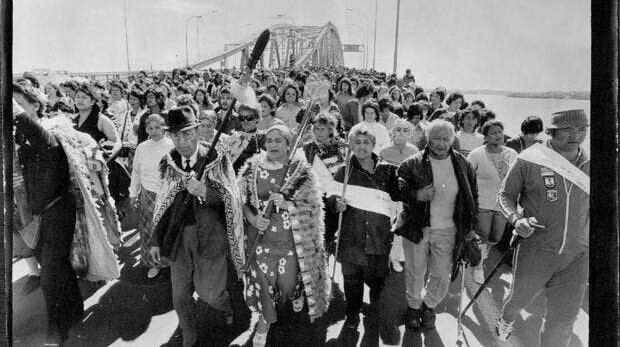continues to have effects on health and wellbeing for many Māori
OPINION: Many New Zealanders wonder why Māori experience inequity across several social outcomes and why these inequities seem to occur in perpetuity. As just one example, Māori adult smoking rates (at 22.3 per cent) are much higher than for the general population (9.4 per cent); other examples abound.
For those of us who are not Māori, it is easy to gloss over the long shadow cast by history in helping to determine such outcomes. An important feature of the history of Aotearoa New Zealand is the loss and confiscation of Māori land (whenua) in the 19th and 20th centuries. Before the arrival of European settlers and the signing of Te Tiriti o Waitangi in 1840, Māori owned all land; today, Māori own just 5 per cent.
All iwi suffered immense land loss. One form of loss was the raupatu, or confiscation of land, associated with the New Zealand Wars in the 1860s. An often ignored historical fact is that land was confiscated at this time from kūpapa (pro-government or neutral) iwi Māori, who the Crown considered “loyal” during these wars, as well as from “rebel” iwi deemed to have “engaged in open rebellion against Her Majesty’s authority”.
Link to video and article: Loss of whenua continues to have effects on health and wellbeing for many Māori | Stuff.co.nz




